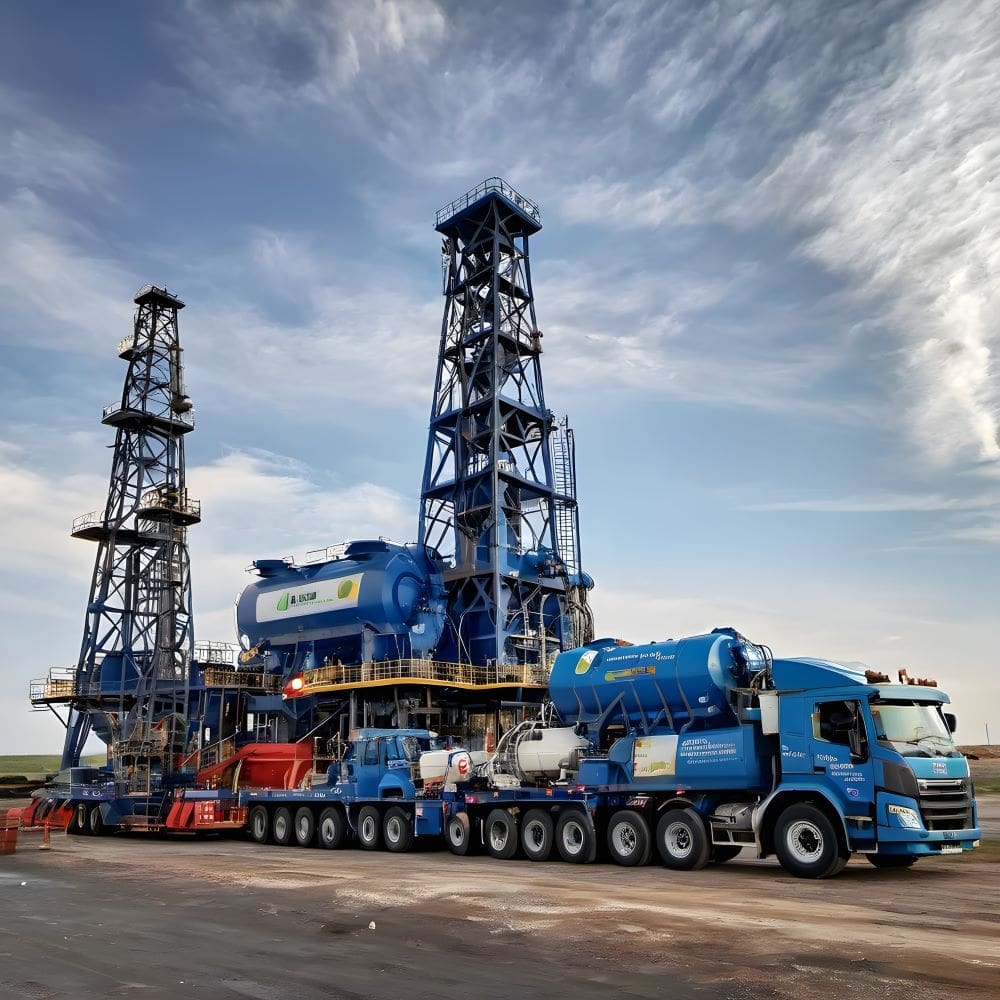The oil and gas industry produces vast amounts of waste and contaminates air and water. The emissions from the oilfields contribute to 15% of total emissions around the globe. Drilling wastes are the second largest volume of waste produced by the oil and gas industry. There are more than 1577 offshore and onshore operational rigs worldwide. Every year, the number of operational wells increases, which in turn increases the amount of drilling waste generated.
There are different types of drilling waste generated during the drilling process- drill cuttings, contaminated soil, produced water, drilling wastes from hydraulic fracturing, drilling fluids, spent catalysts, Oil-Based Mud (OBM) Cuttings, Synthetic-Based Mud (SBM) Cuttings. Oil-based mud cuttings are caused by the usage of oil-based drilling fluids and are collected in the mud waste pits. As per the Consegic Business Intelligence analysis, the onshore drilling fluid market is growing with a CAGR of 5.1% from 2023 to 2031, showing the massive rise in the use of drilling fluids in the oilfield industry. There are several challenges in drilling waste management, including fluid loss and contamination. The increasing waste volume increases the hurdles for efficient waste management.
Techniques for an Efficient Drilling Waste Management
Drilling waste can be treated by using various processes like filtration, separation, chemical treatment, and bioremediation. To remove solids and contaminants from drilling fluids, advanced filtration systems are used that produce water as a byproduct. Certainly, some chemical additives are used to treat the produced water and also the drilling fluids, removing the contaminants and improving the water quality which can be recycled and reused. Another interesting way to treat drilling waste is by using microorganisms! Microorganisms can degrade the organic pollutants in drilling waste without any extra cost and are also an environmentally friendly solution.
Recycling drilling fluids can lower the requirement for fresh drilling fluid and reduce waste generation. There are several types of drilling fluids available in the market: oil-based drilling fluid, synthetic-based drilling fluid, and water-based drilling fluid. Also, there are biodegradable and non-toxic drilling fluids in the recent industry developments that have less impact on the environment and are also cost-effective than traditional drilling fluids, which can contaminate soil and water in case of leakages or spills.
Advanced techniques to control waste generation are Zero Liquid Discharge (ZLD) systems and Thermal Desorption. The ZLD systems use evaporation, crystallization, and solid-liquid separation processes to concentrate wastewater and recover valuable resources. This reduces the liquid discharge from the oilfields. Thermal desorption is a thermal treatment technology utilizing heat to separate contaminants from drilling waste. In this process, the drill cuttings and polluted soil are subjected to higher temperatures in a proctored environment; this removes organic pollutants without generating any secondary waste.
With the recent developments in the field of AI and Machine Learning, those algorithms can also be used for predictive modeling and optimizing treatment procedures. The efficient management of drilling waste is crucial as it directly hampers the environment and can have chronic impacts.






